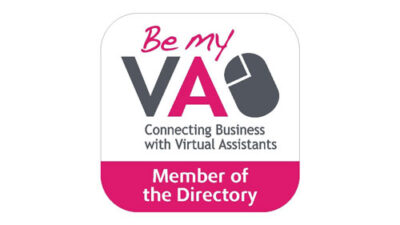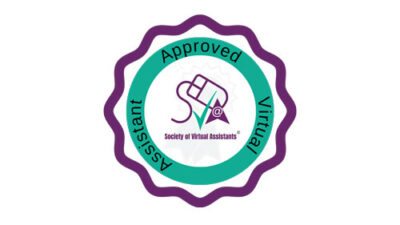How well do UK law firms handle professional enquiries?
Unfortunately, not very well according to the recent findings of Insight 6. They conducted a wide-reaching survey which reports on 70 law firms and takes into account over 450 individual experiences. As part of the exercise, enquiries were made:
- by people going directly into law firms
- over the telephone
- online
The good news…
- 100% of visitors to offices said the reception they received was warm and engaging
- 96% found the firm’s website easy to navigate
This indicates that law firms are going to the trouble of offering a professional reception area with friendly well-trained staff and they are making significant investment in websites to provide a professional shop window 24/7.
The not so good news…
You don’t need to spend long looking at the report before you realise that the biggest area for concern is follow-up with clients and potential clients.
- A poor 7% of telephone calls to law firms received a follow-up to the initial enquiry
- Only 3% of the follow-ups were made at the agreed time and date
It seems that although law firms have mastered the initial welcome, they are falling at the next hurdle – maintaining good contact.
Who can afford to ignore new business opportunities?
Having worked in the legal profession I understand how this happens. With a heavy workload and impossible-to-meet deadlines, it’s hard to prioritise contacting a potential client to give a quote, or to follow-up on something which may feel trivial at the time.
However, looking at this now from my small business owner’s perspective, I know how hard it is to attract potential clients in the first place, often against strong competition, particularly within the legal services industry. It’s astounding to think that new client opportunities are effectively being thrown away.
How to win more clients
 Simply suggesting that fee earners should make sure they return all calls and follow-up on all enquiries won’t work, for the reasons already discussed. Clearly for enquiries where people have walked in off the street unannounced, these need to be handled by a member of staff based on reception, but for telephone and in particular online enquiries, perhaps there’s another way?
Simply suggesting that fee earners should make sure they return all calls and follow-up on all enquiries won’t work, for the reasons already discussed. Clearly for enquiries where people have walked in off the street unannounced, these need to be handled by a member of staff based on reception, but for telephone and in particular online enquiries, perhaps there’s another way?
Who said that everything must be managed by the fee earner, or by a member of support staff sitting outside a Partner’s office?
Web based case management systems and task sharing platforms make it really easy to collaborate remotely and allow Virtual Assistants to become as much of a team player as any employee based in the office. Trello is my favourite task sharing platform and makes collaborating and keeping track of actions straight forward.
And it’s not only enquiries that can be dealt with this way. Sending out quotes, giving caseload updates, catching up on an audio transcription backlog, dealing with copy typing or the dreaded proofreading – these are all tasks which can be picked up remotely on an ad hoc basis.
Do your research
When deciding to go down the outsourcing route, make sure that you thoroughly research a Virtual Assistant’s experience and ensure you choose to work with somebody who is familiar with the legal sector and ideally has gained qualifications within it. There’s an obvious advantage to finding somebody who knows their ‘Affidavits’ from their ‘Ask Davids’ (a true example taken from a former colleague’s letter dictation)!
Challenge or opportunity?
It will be interesting to see how the statistics in the report change over the next few years. A recent article by Legal Futures talks about the love-hate relationship that law firms still have with technology – but ultimately it’s up to each individual firm to make sure it sees the challenges it faces as opportunities.
If you’d like to win more new clients and improve your engagement with existing clients, please contact me on 07970 955535 or at jen@businessowl.co.uk.




































